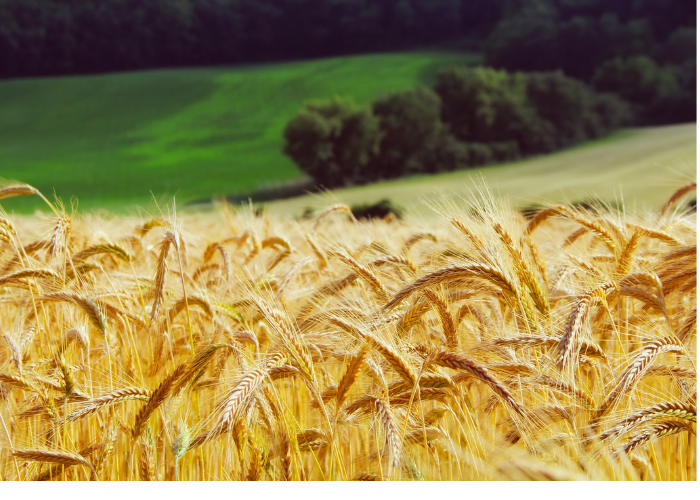Are we sure that the new CAP will ensure european agriculture’s world leadership?BY PIETRO PAGANINI
- 20 May 2024
- Posted by: Competere
- Category: Senza categoria

An appeal to all candidates for the European elections to once again recognize the strategic role of the agri-food chain in the ecological transition of our continent, as well as its qualities of competitiveness and resilience.
The European Council has approved the new Common Agricultural Policy (CAP). But are we sure that a few urgent measures, taken just weeks before the elections, are enough to guarantee European agriculture global leadership? As is well known, the decision from Brussels stems from the fear that recent farmer protests could translate into a protest vote. Hence, the aim is to reduce the bureaucratic burdens on agricultural businesses and extend the obligation to leave a portion of land uncultivated to regenerate the soil. The revisions were certainly necessary. The first version of the CAP was indeed burdensome. However, there is a substantial difference between what has been established and a true reform. Climate change and international crises are putting severe strain on crops, the processing industry, and the food security of European citizens.
This is why Competere has published a pledge – a proposal of commitment – addressed to all candidates for the European elections, to once again recognize the strategic role of the agri-food chain in the ecological transition of our continent, as well as its qualities of competitiveness and resilience. The document (here the full version) is entitled “European Agrifood: The Path to Competitiveness, Sustainability, and Resilience”. It’s a political and operational guide for 2024-2029, already gathering signatures from potential future MEPs of all parties, both in Italy and abroad.
The past five years have seen a systematic marginalization of farmers, entrepreneurs, workers, and researchers in the agricultural and food sector, unjustly blamed for climate and health crises. Current policies lack scientific flexibility and balance between economy, environment, and society. This approach has harmed Europe, strengthening competitors. The consequences are visible with the desertification of rural areas and the closure of farms.
The document is divided into three sections, respectively dedicated to agriculture, businesses, and health.
In the first part, we emphasize how crucial it is to enhance the production, resilience, and efficiency of European agri-food chains. This requires supporting both the production of quality raw materials and the creation of exclusive food specialties. Policies for food security and self-sufficiency are needed, along with incentives for productivity and competitiveness, reducing food waste, and redistributing at-risk food. Investing in infrastructure and digitalization is essential to strengthen the supply chain and combat food counterfeiting. The revision of animal welfare legislation must balance animal welfare with sustainability and competitiveness. Investments in production techniques and innovative technologies are crucial to improving productivity and mitigating the impact of climate change. Additionally, Europe must support regenerative agriculture and new business models to ensure the financial sustainability of agri-food SMEs, without precluding imports but ensuring they are sustainable and meet the same standards as domestic productions.
On the business front, we need to find a new balance between economic, social, and environmental sustainability, integrating the needs of the population and the productive fabric. It is essential to eliminate any form of bias towards any food grown, produced, or imported into Europe. The agri-food sector must be consolidated and made more efficient to prevent potential speculations. It is important to enhance both traditional local products and high-quality, sustainable European industrial productions. Investments along the food chain should be stimulated to make the European production model more efficient and sustainable, reducing bureaucracy for businesses. Promoting a regulatory framework that encourages the efficient reuse of waste value, increasing energy sustainability, and reducing waste is crucial.
Finally, personal health. It is fundamental to enhance citizens’ nutritional education, promoting information on a balanced diet. The Mediterranean Diet is recognized for its preventive capacity against chronic diseases. Obesity, considered an invisible pandemic, has high costs on healthcare systems and productivity. Current policies against obesity have proven ineffective and restrictive of individual and economic freedoms. Taxes on foods and beverages, aimed at discouraging consumption, generate inflationary effects and particularly impact poorer families, reducing their access to quality food.
On the contrary, we must invest in personal education, so that people know what they eat, make informed choices, and understand the dynamics. Always remember that agri-food is the sector from which we derive the energy necessary to live better and longer. This should be the true meaning of “Farm to Fork“.
.
Article published in Italian on the HuffPost>>>
